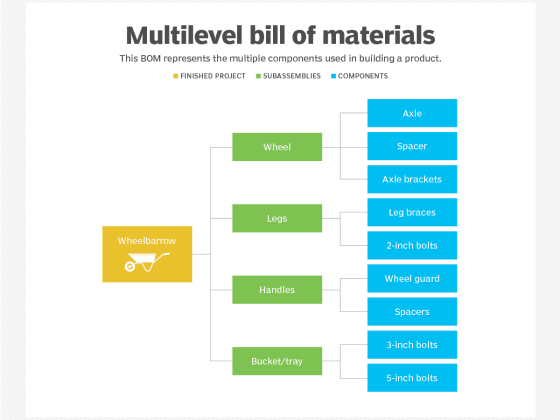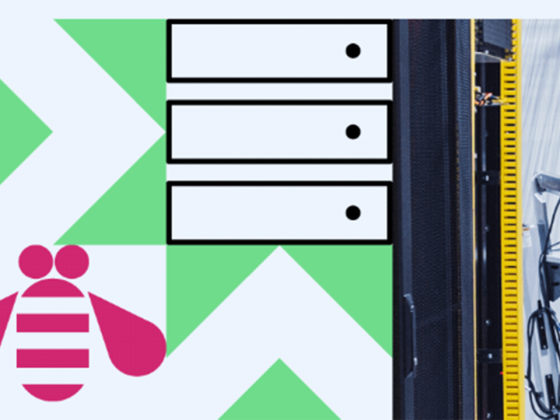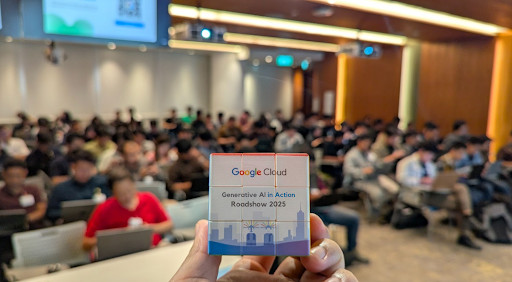Compare how six different knowledge-sharing communities approach gathering, maintaining, and distributing their best practices.
As someone who has watched my fair share of projects and initiatives come and go, I value the follow-on effects of good knowledge sharing. Even knowledge from bygone projects is available to learn from the past; such is the benefit and the curse of an internet that never forgets—all the practices good, no-longer-good, and never-were-good are out there to be found.
From our partners:
As the head of Red Hat’s Open Source Program Office (OSPO), I both appreciate and benefit from the myriad ways different communities create and share knowledge about open source.
The very effort of creating open source software is a massive knowledge-sharing experience, covering all the domains of software development with many methods and practices.
Although there is rarely only one way to achieve a goal, open source communities have, over time, honed their knowledge into best practices as a natural byproduct of the open collaboration and transparency passed on within their respective communities.
But what about best practices that span communities, which are useful beyond the unique needs of a single project and broadly applicable to any and all open source software efforts? I’ll look at six different knowledge-sharing communities that take six approaches to gathering, maintaining, and distributing their best practices.
TODO Group
The TODO Group creates and maintains a set of Open Source Guides to support any organization developing an OSPO. An OSPO is a central program office working on a range of activities for the organization, defined by the organization’s mission and open source interactions. It may be involved in license compliance, open source development practices, upstream community management, fostering internal community, facilitating relationships with foundations and standards bodies, and so forth.
The best practices in these guides are to help organizations implement and run an effective OSPO. By collaborating within the TODO Group, the member OSPOs can raise their own knowledge while bringing up the collective knowledge of other OSPOs inside and outside of the TODO Group. Just as spreading good software development practices can help projects interoperate better, this raises the tide for all OSPOs for mutual benefit.
The guides cover creating a new open source program. Featured topics include program management best practices such as using code, participating in existing communities, recruiting open source developers, and starting, running, and shutting down a project.
These guides are examples of the benefits of knowledge sharing around a niche collaboration on tools and best practices. They provide guidance and assurance around a process-driven approach to open source software development as influenced by an open source program or projects office in all types of organizations.
OSI
As part of expanding its education programs, the Open Source Initiative (OSI) has partnered with Brandeis University’s Graduate Professional Studies and introduced a new Open Source Technology Management program. (Full disclosure: I’m a current OSI Board member.) This program’s goal is to meet the growing demand for expertise from organizations seeking to professionalize their open source activities, from strategic planning to operational governance, and authentically collaborate and manage open source resources.
In a series of four-week online microcourses, participants learn more about a range of topics, including how open source communities operate, how an organization might integrate with them, how communities develop software openly, and how businesses might embrace open source.
The program is shaped by input from leading open source content experts and provides four learning options that align with each participant’s lifestyle and learning style. A person can participate in a single microcourse or take several to earn a digital badge or certificate. These courses include content that students will find immediately useful in their work alongside material that supports graduate studies, should the student choose to complete an additional assessment for graduate-level credit.
This is an example of a knowledge-sharing experience that combines several goals, from professional to academic pursuits.
IEEE SA OPEN
The Institute of Electrical and Electronics Engineers goes back to 1884; in the intervening 137 years, IEEE has grown to be the world’s largest technical professional society. Such societies are a pinnacle of knowledge-sharing communities, and IEEE’s remit as a standards-developing organization overlaps with computer science and thus, open source software.
The new IEEE SA OPEN program, launched in 2020, is a collaboration platform to “bridge the gap between standards developers and other open technical communities.” One of its key tools is a 100% open source Git forge that is being expanded to embed knowledge directly and automatically into its processes.
The documentation includes guidance from specific advisory groups, such as community, marketing, technical, academic, and diversity and inclusion. These advisory groups create a collaborative body of documentation and processes, which are then rolled out to be available for all projects on the SA OPEN platform.
Not only does this documentation provide a list of needs for an open source project when starting, such as a governance framework, a code of conduct, and a contribution policy, the SA OPEN platform team plans to automate the creation and lifecycle of these documents for each project. This is done using an extensible open source platform that can be coded to embody “the IEEE way” of doing open source development.
This knowledge-sharing method works by distilling the world of best practices and toolchains into a single set of solutions that can align with the long-horizon efforts of an organization like IEEE.
The Open Source Way
Built around a collaborative-writing approach, the Open Source Way community considers itself to encompass all open source software projects, focusing on best practices for community architecture, design, and management. In this broad area, the community’s real-world practitioners provide the core practices around what to do, how to do it, and especially why to do things the open source way.
The Open Source Way community began in 2010 around the idea of a handbook written by practitioners, for practitioners. The core material was born at Red Hat from a need to record in one place the advice writers had been repeating to hundreds and thousands of people over the previous decade. It was released as an open source project, as it was self-evident that content about practicing the open source way needed to be written and published in an open source manner. For a few years, the handbook and wiki were locations where open source community management practitioners collaborated.
The recently announced 2.0 guidebook is a complete overhaul from the 1.0 guide of 2010, reflecting the evolution of open source software development over more than a decade. The guidebook works on the principle that “the path to creating a sustainable open source community starts by making something useful for the user base while lowering barriers to participation and contribution.” It includes chapters on communication, diversity and inclusion, participant motivation, the nature and methods of a contribution, onboarding, governance, community roles, and community manager self-care.
In addition to being a resource for community members of all types looking to improve their participation and contribution practices, the Open Source Way provides an overall community of practice that supports individual and organizational improvement.
As a knowledge-sharing community, the Open Source Way project covers best practices within a broad range of how communities are created and thrive from the perspective of a much wider group of authors and contributors than other similar material and books.
Teaching Open Source
The organizing principle of the Teaching Open Source (TOS) community is that for college-level educators to be most effective at teaching how to participate in open source communities, they should benefit from direct experience and connection to those communities. Via workshops and other programs, the TOS community brings instructors and professors into direct connection with open source software projects as part of the mission to “(bridge) the gap between traditional computing curricula and student work in open source communities.”
Once instructors are connected with projects, they facilitate students conducting classwork assignments as project contributions. For example, an upper-division programming class might have student assignments that include working on modules for a specific open source project. A lower-division writing class might have students research and write a friendly description for the release notes of a single feature for an upcoming release of open source software.
The body of knowledge in the Teaching Open Source community has been organized around “teachers helping teachers.” One popular workshop is the Professors’ Open Source Software Experience (POSSE), a multiday hands-on workshop that teaches open source participation techniques to instructors. The TOS community creates the workshop materials and all the pedagogy around it out of its community of practice.
This knowledge-sharing community exemplifies how a focused open source best-practices effort can provide a lot of value in a comparatively narrow niche.
The Open Organization
Another example of a community blending open source best practices and knowledge sharing in a specified domain is the Open Organization project. This community works specifically at the intersection of open principles and organizational culture and design, “leading a global conversation about the ways open principles change how people work, manage, and lead.” The Open Organization community is always asking: How can we adapt open principles and practices to all kinds of organizational contexts, so everyone can tap the benefits of living and working openly?
In its own way, this community’s origin story parallels that of the Linux kernel. The Open Organization community formed when former Red Hat CEO Jim Whitehurst published The Open Organization: Igniting Passion and Performance, which concluded with a short invitation to continue the conversation about “how we can all lead and work better in the future.” For several years since that founding moment, the community has focused its efforts on writing several books and guides that extend Jim’s original writing, including a field guide, open leadership manual, workbook, and guides for distributed teamwork, IT culture change, and educators. The books feature chapters written by authors in different industries and geographic regions, bringing a diverse range of voices and experiences to this global conversation.
As an open source knowledge-sharing community, the Open Organization project stands out for its focus on purposefully written and published books covering the breadth and depth of what it means to practice open principles in any kind of organization.
Conclusion
These six knowledge-sharing projects demonstrate one of the wondrous things about open source software: bringing different approaches to similar but different problems. As these practice-oriented communities focus on the power of collaboration, they generate creative content out of the experiences and voices in their domain.
This article is republished from opensource.com
For enquiries, product placements, sponsorships, and collaborations, connect with us at [email protected]. We'd love to hear from you!
Our humans need coffee too! Your support is highly appreciated, thank you!








